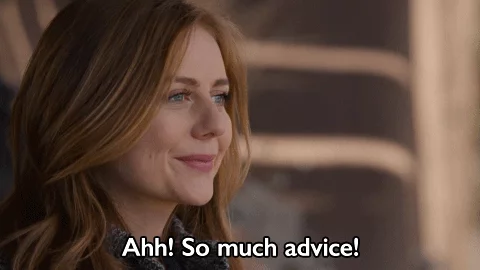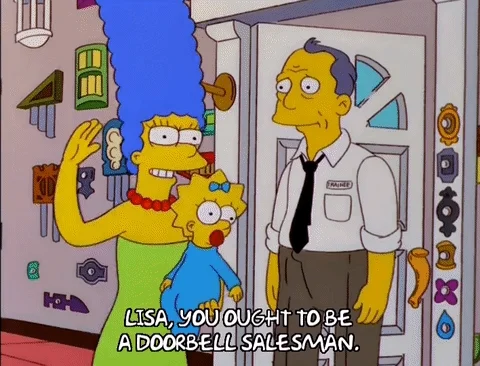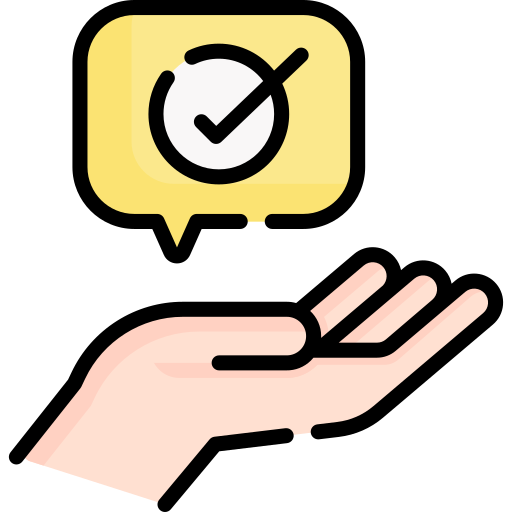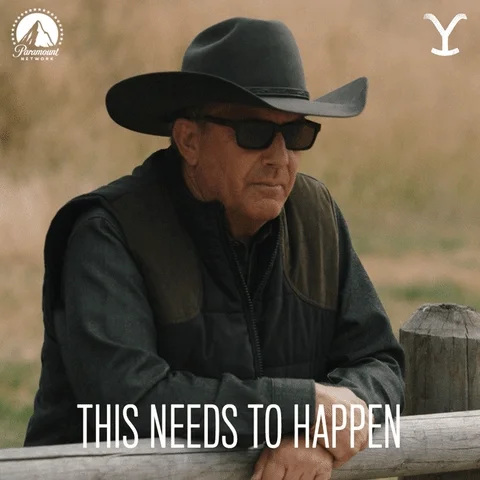
This logo isn't an ad or affiliate link. It's an organization that shares in our mission, and empowered the authors to share their insights in Byte form.
Rumie vets Bytes for compliance with our
Standards.
The organization is responsible for the completeness and reliability of the content.
Learn more
about how Rumie works with partners.
Have you been asked for advice recently but forgot how? Maybe you studied giving advice in English class at school but can't remember.

Don't worry! If you review these 7 phrases to give advice and what situations to use them in, you'll be able to give people the advice they're looking for.
Casual Phrases
These are common phrases you can use in most situations when giving advice.

1. Should
"Should" is the easiest and most casual way to give advice. It works in any situation and is the phrase English speakers use the most.
Example:
Problem: "I think my friend is mad at me. What should I do?"
Advice: “You should talk to your friend.”

2. Why don't you....
This is another casual way to give advice. You may have seen it used before for suggestions as well.
Example:
Problem: "I lost my dog, what should I do?"
Advice: "Why don't you put up a lost pet sign?"

3. Could
You can use this for casual advice as well. You can use it to give both suggestions and advice. It can also be used when you're not sure what advice to give but would still like to make a suggestion.
Example:
Problem: "I feel very stressed."
Advice: "You could talk to a counselor if it's really bad."
Formal Phrases
You can use and hear formal advice phrases mainly in work situations or in the medical system.
4. Ought to
“Ought to” is one of the most formal ways we can give advice. "Ought to" means the same as "should" but is used in formal situations, such as a work environment.
Example:
Problem: A coworker asks you, “What do you think about my project? Is there anything I should change?”
Advice: “Well, I think you ought to change the introduction because it's too long.”

5. Had better
"Had better" sounds stronger than "should" or "ought to". You can use it for more urgent or serious situations. The contraction form "you'd better" is the most common way to use this in conversation.
Example:
Problem: “I forgot to tell the manager I need to leave early today."
Advice: “You had better / You'd better talk to him right away."

6. If I were you, I would...
“If I were you, I would..." is a very personal way to give advice.
We can use it to make more personalized suggestions or suggestions based on personal experience.

Example:
"I'm always stressed."
Advice:
Your friend who likes health and fitness: "If I were you, I would try to do more exercise during the day."
Your creative friend: " I understand. If I were you, I would find a relaxing hobby to do after work, like painting."
Your friend who likes to talk: "If I were you, I would go to parties or some social clubs to relax."

How you reply using this sentence frame really depends on your thoughts and personality.
7. You must/have to...
We can use "must" or "have to" when giving advice to express something that is very important or urgent. If someone has an accident these phrases, can be a good way to express your opinion. "Must" is very formal, so in most cases, you can use "have to."
Example:
Problem: “I think I sprained my ankle. What should I do?”
Advice: “You have to go to the hospital or a clinic!" (it's important and urgent)

Quiz
There is a flood in Laura's house. She asks her housemate what they should do. What sentence is best for giving advice in this situation?
While "should" might work, it doesn't express a firm opinion or urgency. "Could" sounds too relaxed for this situation too. "Have to" call the insurance shows that it's an emergency.
How to Practice

Partner Activities
Write down three problems (real or fake) and exchange them with your study partner. Give each other advice for the problems.
Reverse advice: Make a problem for your study partner (such as they broke their leg) and give them advice for the problem — such as "You must go to the hospital, you should wear a cast, or you could use crutches" and your partner has to guess their problem based on the advice given.
Individual Activities
Try answering some fun example problems with this Baamboozle
Try this video activity lesson from the British Council
Practice giving advice and responding by using ChatGPT
Take Action

If I were you, I would...
This Byte has been authored by
Rebecca Heggs
After School Program Leader, Supervision Aide